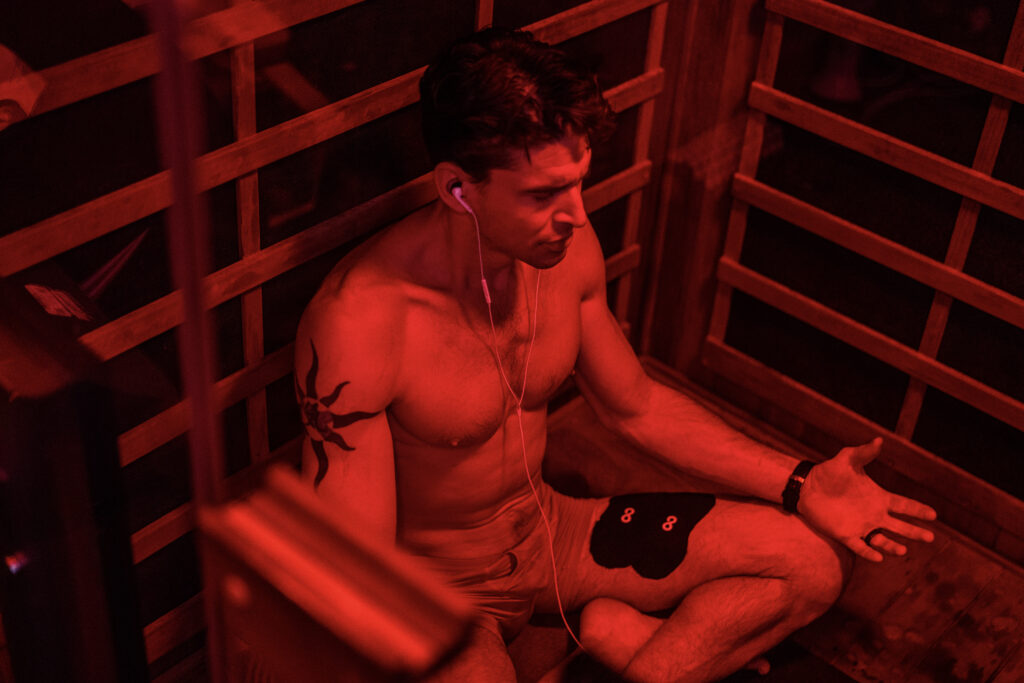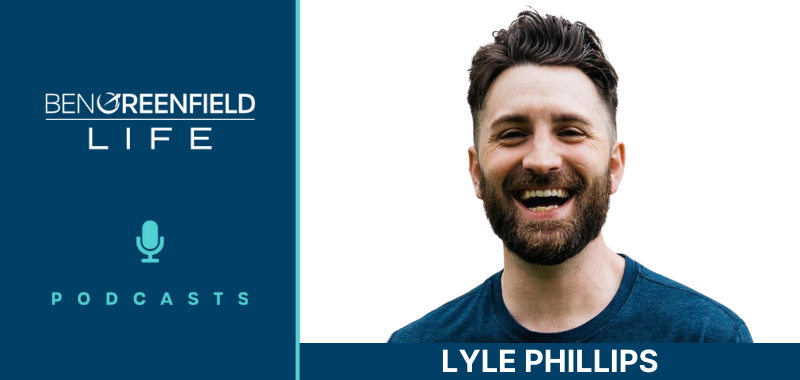May 19, 2018
Click here for the full written transcript of this podcast episode.
Do you suffer from physical pain relating to your writing life?
Are you struggling with back pain, weight gain related to sedentary working, anxiety, depression, sleep problems, neck pain, eye strain, stress, loneliness, digestive issues, or repetitive strain injury?
These are the most common issues reported by writers and if you struggle with any of them, you are not alone.
Let's face it: writing (and especially typing on a computer) is not a physically healthy activity, but if you want a long-term writing career, then you need to look after your body.
Awhile back, I featured author Joanna Penn on the podcast. Joanna has been through her own pain journey over the last six years. She used to get crippling migraines that sent her to a dark room, and back pain so bad that she couldn't sleep, as well as stress levels so high that she wasn't able to breathe normally.
Now, her back pain, migraines and repetitive strain injuries (including elbow pain) have almost gone completely, and she manages her writing life in a far healthier way than ever before.
I was planning on having her share her personal journey and insights with you in her new book “The Healthy Writer” once again on the podcast. However, due to some technical difficulties on her end, she was unable to join the call.
However, I was able to talk to her co-author for this book, Dr. Euan Lawson. Dr. Lawson shares his insights into how you can reduce pain, improve health and build a writing career for the long term. Dr. Lawson is a British medical doctor and a Fellow of the Royal College of General Practitioners. He's ex-British Army and enjoys fell running.
During my last podcast discussion with Joanna, you learned:
-How Joanna developed chronic repetitive motion injuries in her wrist, and why ergonomic keyboards and an ergonomic computer mouse weren't working for her…
-Why Joanna decided to go way above and beyond simply using a standing workstation or treadmill desk…
-How Joanna is simultaneously working on multiple books while also training for an ultramarathon…
-Whether you can really, truly be creative while standing or walking, and why it's a myth that you need to sit to write effectively…
-The exact tools, microphones and software that Joanna has found to work very well for dictation…
-A book that will teach you exactly how to dictate quickly and effectively…
-How to “train” your computer to recognize your voice and accent…
-How to enhance productivity with ambient noise and focus apps…
-And much more!
Resources from the previous episode:
–Joanna Penn's Amazon book page
–The Productive Author's Guide to Dictation: Speak Your Way to Higher (and Healthier!) Word Counts
–Audio-Technica ATR2100-USB Cardioid Dynamic USB/XLR Microphone
–Dragon Dictate software for dictating
–Scrivener software for writing/organizing books
–Kevin J. Anderson (an author who dictates while walking 4+ hours per day)
–Ben Greenfield's fiction book “The Forest”
–The Focal Upright Website (this is a place where you can also get the “Mogo” stool or the Locus seat we talk about)
–The Kybounder balance deskmat
–Yoga For The Upright Desk article
During today's discussion with Dr. Lawson, you'll discover:
-Why writing is good for your health… 8:00
-The kind of health issues Joanna had to deal with as a writer… 11:30
-Why you need to know about type 1 vs. type 2 RSI… 12:45
-Why screens can cause problems and the “20-20-20” rule… 18:15
-The concept of “active sitting” and whether all these “core chairs” and sitting on giant exercise balls are a gimmick… 23:45
-What it means to be ambi-mouse-trous… 27:30
-What kind of external keyboard Dr. Lawson uses… 29:15
-How to fix ergonomic issues using something called the “Alexander technique”… 35:15
-Why writers experience great relief from gas and bloating by utilizing FODMAP… 40:00
-Why Dr. Lawson and Joanna wrote about psychotropics in the book, and how many writers are using them… 43:30
-How Ben walks over 20,000 steps… 52:00
-The software Dr. Lawson and Joanna use to write… 55:45
-And much more!
Resources from this episode:
–Ben's Christian Gratitude Journal
–My article on BPC-157 injections
–My article on TB-500 injections
–My podcast about Iris for creating a healthy screen
–My podcast about the Salli saddle chairs
–My podcast with Focal Upright about the Mogo
–The Fluidstance wobble board Ben uses
–Audio on The Alexander Technique
Episode Sponsors
Do you have questions, thoughts or feedback for Joanna, Dr. Lawson or me? Leave your comments below and one of us will reply!














Hi Ben,
Thanks for all you do to make content accessible to everyone! I’ve been consuming your podcast content like crazy and just picked up Boundless, as well. Super excited to dive into that!
I’m curious if you have any ergonomic external keyboard / mouse tips. I work in Operations from home on a laptop with two external monitors; blue light blockers are my best friend at night! I’m most concerned with where my wrists are and keeping my upper body healthy.
From the talk, it sounded like typing on the laptop is a no-no. For me, I can’t dictate my work as I’m constantly switching back and forth between programs.
Do you use or know of any good ergo keyboard mouse combos?
Thanks!
Dan Nation
Suka
https://bengreenfieldfitness.com/podcast/lifestyl…
Ben, you asked about writing software which has good sharing capability.. Overleaf is the answer. It uses Latex, which is the very easy language that majority of Physics Review papers are written using. Overleaf makes that language for everyday people. The cross people sharing is insanely fluid and easy. Please check it out.
Appriciate your work buddy
Thanks brother!